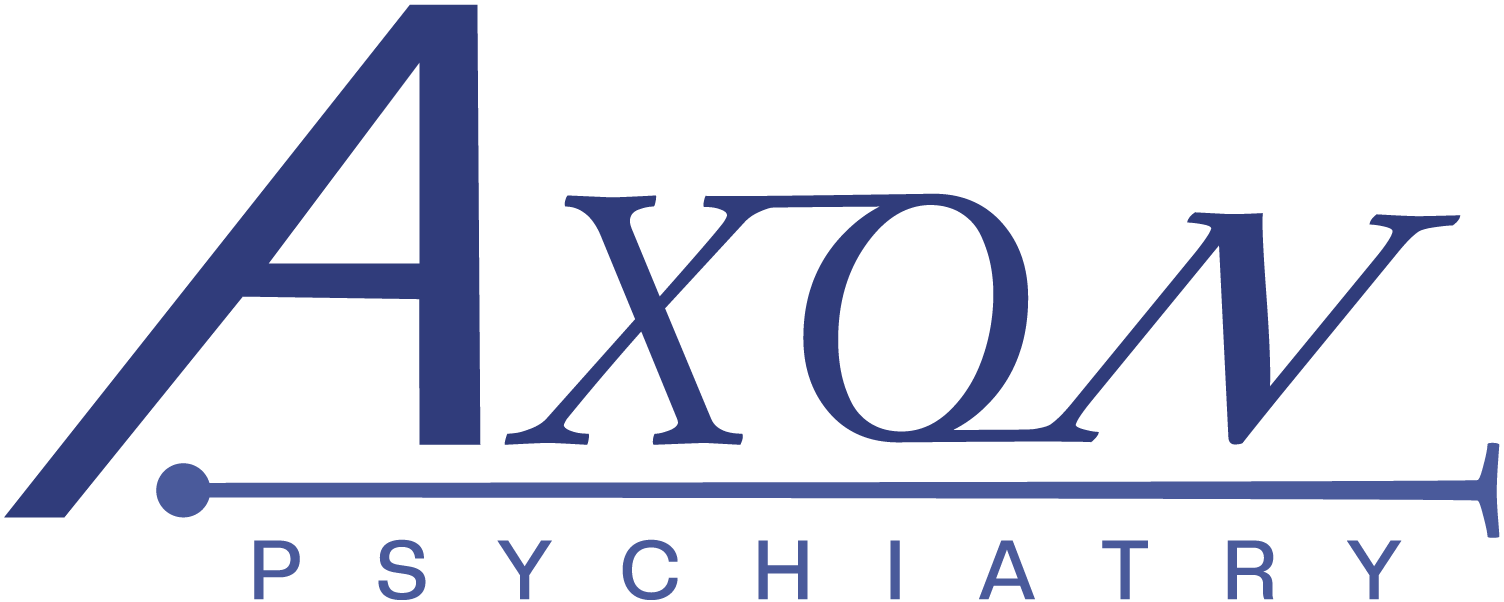What is Neurofeedback?
Neurofeedback, also known as EEG Biofeedback, is a form of biofeedback that focuses on real-time monitoring of brain activity to help individuals self-regulate their brain function. It involves measuring brainwave patterns and providing feedback to promote positive changes in neural activity.
How Does Neurofeedback Work?
- Brainwave Monitoring: Sensors are placed on the scalp to measure brainwave activity.
- Feedback Display: Real-time information about brainwave patterns is presented through visual or auditory feedback.
- Self-Regulation: Patients learn to modify their brainwave patterns through reinforcement of desired states.
Conditions Treated with Neurofeedback
Neurofeedback is used to address a variety of mental health conditions, including:
- Attention Deficit Hyperactivity Disorder (ADHD): Improves attention and focus.
- Anxiety Disorders: Helps regulate stress responses and reduce anxiety.
- Depression: Targets specific brainwave patterns associated with mood regulation.
- Post-Traumatic Stress Disorder (PTSD): Assists in managing symptoms related to trauma.
- Insomnia: Promotes relaxation and better sleep patterns.
Neurofeedback is recognized for its potential benefits, including:
- Improved Focus and Attention: Beneficial for individuals with ADHD.
- Stress Reduction: Helps regulate the brain’s response to stressors.
- Enhanced Sleep: Addresses factors contributing to insomnia.
- Mood Regulation: Supports individuals dealing with anxiety and depression.
Integration with Other Therapies:
Neurofeedback can be used as a standalone treatment or integrated with other therapeutic approaches, such as psychotherapy or medication management, to achieve comprehensive mental health care.
Neurofeedback offers a promising avenue for individuals seeking non-invasive and drug-free approaches to enhance mental well-being. If you are interested in exploring Neurofeedback as part of your mental health journey, consult with your mental health provider to discuss its suitability for your specific needs.

